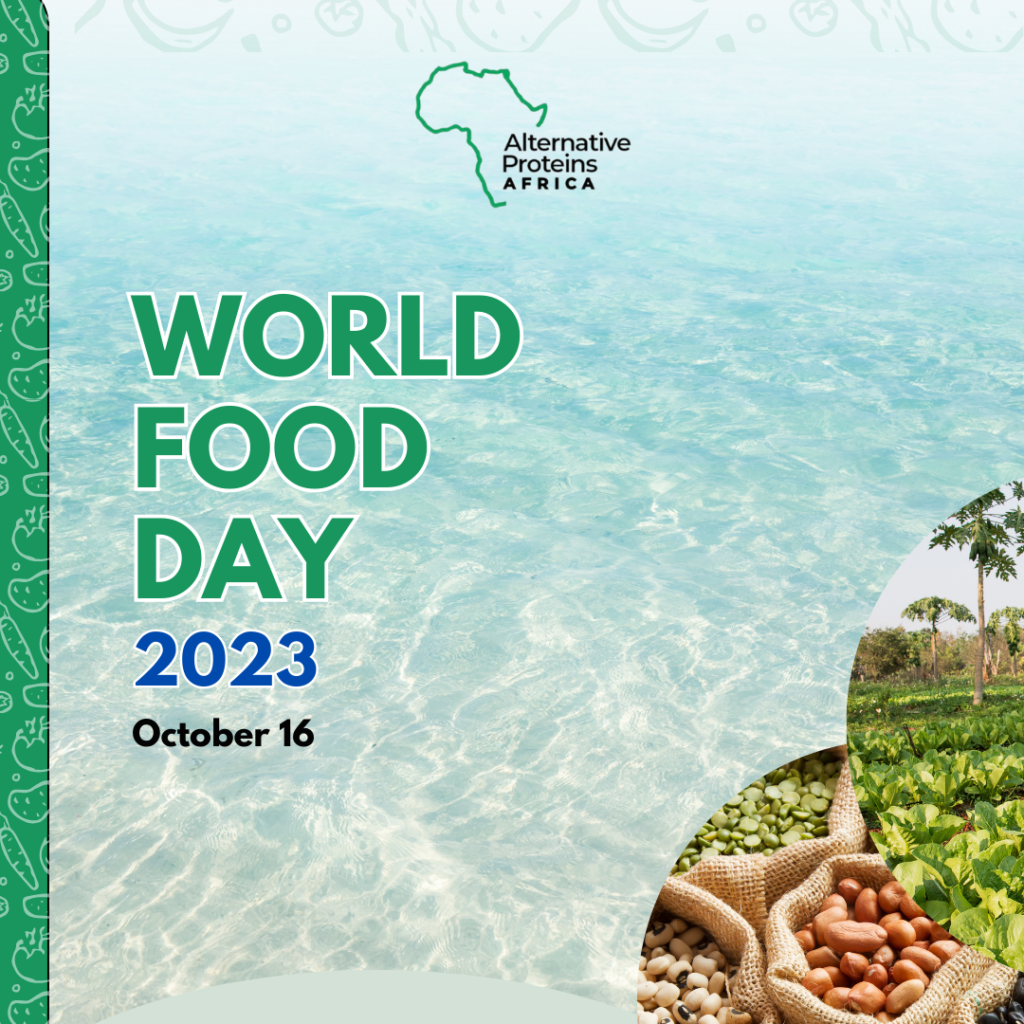
Today, we commemorate a special day to all; the World Food Day. The theme for World Food Day 2023, “Water is Life, Water is Food. Leave No One Behind.” deeply reflects how vital water is to every life form on earth.
We live in a world where clean water is a precious resource that we must maximally utilize. As essential as water is, it is saddening to know that water scarcity is a major problem of our time. It has been estimated that by 2025, water scarcity in Africa will reach critically high levels. Equitable and sustainable water utilization is, therefore, of the essence.
Factors such as pollution, overuse, population, and economic growth, and climate change reduce the amount of freshwater (the type of water suitable for consumption). Interestingly, agriculture takes about 70% of freshwater, meaning that what we eat and how we produce them significantly affect water resources. Therefore, transforming our food system to accommodate sustainable and efficient use of water resources is necessary.
How do alternative proteins contribute to sustainable water action?
On such an occasion as this, we herald the message of sustainable action for the future of water by highlighting how vital alternative proteins are to this cause.
Alternative proteins are an important consideration in transforming our food system. They ensure that nature’s finite resources, including water, are judiciously utilized. Here are some of the ways in which alternative proteins ensure sustainable water use.
Reduction in water consumption
Alternative protein production requires less water when compared to traditional livestock farming. Growing plant-based protein sources uses far fewer water resources compared to raising animals.
Additionally, alternative proteins stand out as a solution to solving major challenges in our food system as they work closely with sustainable agricultural practices. This contributes to the conservation of water resources.
Ensure food security in water-constrained regions.
In regions with water scarcity, alternative proteins are a pathway to food security despite the water constraint. This allows more communities to access protein-rich foods without further depleting local water resources.
Today, we are reminded that equitable access to water is our right. In accomplishing this, alternative proteins are essential by reducing water use, contributing efforts to mitigating climate change, and ensuring food security in water-constrained regions. We are contributing to a water-secure world by choosing these sustainable food options!

